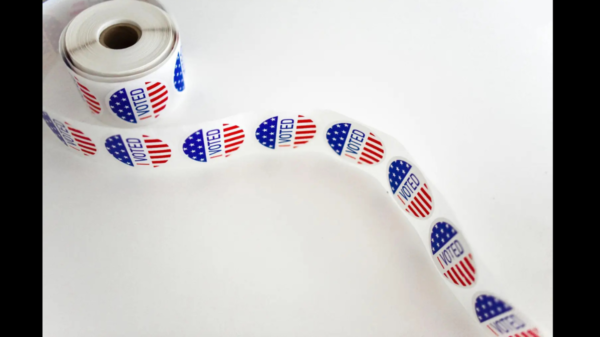
My maternal grandfather was Haitian. I didn’t know him well — he died when I was about 6. I don’t remember whether he smoked a pipe or a cigar, but I remember the smell of smoke clinging to him on the few occasions I sat in his lap. I remember him trying to teach my siblings and me a few patois words. I don’t know anything about my Haitian relatives — Pappa Jimmy, as we called him, never spoke of them. But whenever I hear news of Haiti, I feel an affinity, a connection, and I revel in Haitian history.
When I told a friend about my Haitian grandfather, he said, “That explains it.” What? I asked. He said that Haitians are fighters, reminding me of the formerly enslaved Haitians who beat the stuffing out of the so-called “great” general Napoleon Bonaparte, repelling his “mighty” armies. That victory has shaped US land acquisition and foreign policy even now. The slaveholding President Thomas Jefferson doubled the size of the United States with his Louisiana Purchase when the United States acquired 828,000 miles of land west of the Mississippi River for a mere $15 million. Why was France so willing to sell? Self-emancipated Black folks were kicking the stuffing out of the “great” Napoleon in an uprising that lasted decades. Napoleon needed money, Jefferson needed land, and both wanted to contain Black rebels and ensure their rebellion did not spread to the United States.
Haiti paid the price for its self-determination, ordered to pay France “reparations” for its independence. The payments crippled the Haitian economy and set the tone for the continuous exploitation of the island. France extracted $30 billion from Haiti, and we can hardly project how Haiti might be different if it had never had to make those predatory payments.
Most people don’t know about the role France paid in the political instability and violence Haiti experiences today. Even fewer know of the role the United States played in the exploitation of Haiti or in the ways that the Haitian Revolution (which lasted from 1791-1804) played in the restrictive and exploitive laws the United States imposed on enslaved people, as they were fearful that enslaved people in the United States might emulate their Haitian brothers and sisters, rebelling against their oppressors much as Haitian revolutionaries did.
May is Haitian Heritage Month, but the mainstream media seems to have ignored this salient fact. Instead, there is a celebration in one town or another, a parade hidden in the back pages of the local press. May should be the month when we are reminded of our role in the violence on that turbulent island. Gangs have taken over the urban streets, but where did the gangs get guns? Guns are not manufactured in Haiti, so they must come from somewhere, probably the United States. Our nation’s gun manufacturers are profiting from Haiti’s pain, just as they are profiting from the pain victims of mass shootings are experiencing.
While I hesitate to throw a “pity party” to compare suffering in one country to suffering in another, I cannot help but contrast the overwhelming support for Ukraine with the minimal support for the Haitian people. Even when our nation rushed to support Haiti after the 2010 earthquake, when millions sent dollars, there were questions about who administered them and where they were directed. It is doubtful that even half of those dollars trickled down to the Haitian people.
Ibi Zoboi, a Haitian American New York Times bestselling author (her most recent book is Nigeria Jones, Harper Collins, 2023), reminds me that there are triumphant stories in Haiti that transcend the ever-present headlines around violence and disruption. She speaks of the energy and spirit of those in rural Haiti who never make the headlines. She reminds me of former Haitian Ambassador to the United States, Paul Altidor, who often regaled me with stunning descriptions of Haiti outside Port-au-Prince, where much of the violence is concentrated.
If no one else in the United States celebrates Haitian Heritage Month, African Americans must. The Haitian revolution sowed the seeds for our own uprisings and slave rebellion. It also reminds us of the power of predatory capitalism, a power we must consistently resist. And it must tap into the spirit of the Haitian rebellion that took France down, defeating its most powerful general. If our foremothers and forefathers could do that, what might we do? I am grateful for my Haitian heritage and for the brother who reminded me of where I get some of my rebellious spirit from.
Malveaux is an economist, author and dean of the College of Ethnic Studies at California State University, Los Angeles.









You must be logged in to post a comment Login